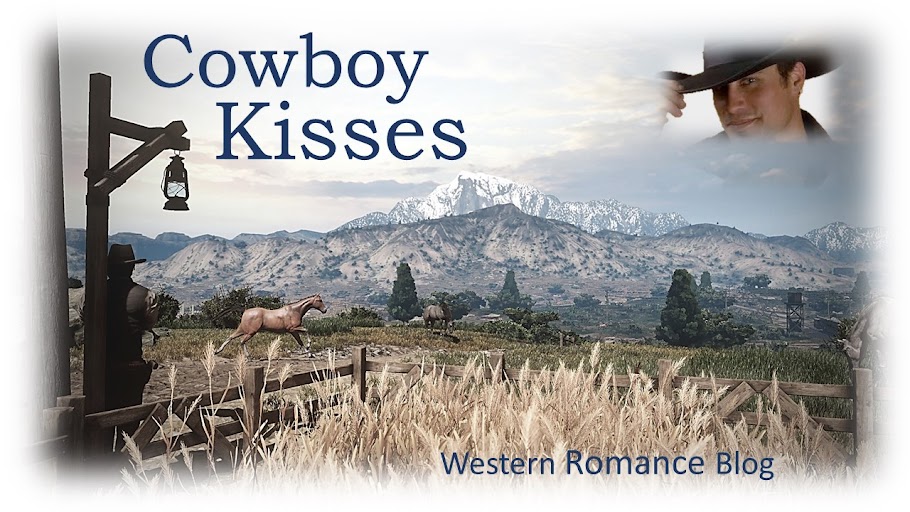The
first day of winter…
The other day I checked my weather app and discovered
that, while I was safely ensconced in New York, my place in Wyoming was facing
temperatures of minus fourteen. And that, in turn, led me to think about the
winter of 1886/87, which I had researched for my book, Loveland. So here is what
my research discovered and what I wrote in my novel:
“On November 13th it
started to snow and continued almost solidly for nearly thirty days. The
reduced number of punchers had trouble getting feed out to the increased number
of winter cattle, and after what had been a very dry summer, the grass under
the snow cover was virtually gone. Cattle were dying off, the fat on the steers
disappearing almost by the day. Then, around the end of the first week of
December, there was milder weather and a thaw began of the deep lying snow. Rose
managed to get back from Chicago at last, and Christmas festivities were
planned in the belief that the crisis was over.
But on Christmas Eve it started
to snow again. Oliver and Alex were left
alone while the men were sent out to trail-feed the cattle that followed each other
and huddled to stay warm. As the days went by, thawed slush turned to solid ice
as the temperatures dropped to minus 30. Horses plunged after the cattle in the
deep snow, their legs cut and blood freezing on their coat as soon as the
wounds opened. Cattle feed was buried and the herd started drifting with the
wind, walking and lowing, bawling, with empty stomachs and nothing more to eat
than underbrush, bark from the few trees, lower branches and twigs if they
could find them. Hair wore off their
legs to the hocks and soon it was hide peeling off from frostbite. Tails froze
like icicles and snapped off. In many cases, their hooves froze and dropped off
and they limped on with hoofless stumps while others became encased in the
solidifying crystals and unable to go further. Those endless plains, which Alex
had so admired, now proved deadly with their lack of woodland, and the snow
eddied and swirled into a great emptiness.
In January there was a three
day blizzard and on the 14th the temperatures plummeted to
forthy-seven below. Alex was frantic for
Jesse whom she hadn’t seen now since before Christmas Eve, and also worried for
the Yosts in their much smaller home.
Firewood and coals were running out as was food and she tried to keep
herself busy with endless sketching rather than watch Oliver pacing the floor
and shouting at everyone every time he was asked a question.
In late January a Chinook started, melting
the top layer of the crusted snow. Yet the winter was not over and it turned
cold again, and on the third of February another two day blizzard started. The feed sleighs were practically useless
now.
The
men had been moved into the house to camp there when they weren’t out, as the
bunk house had been too cold for human habitation; ropes ran from the stables
to the house and outbuildings because the wind was so fierce at times it could
blow a man off his feet and the billowing snow was blinding.”
So now that you know how lucky you are home
and in front of your lovely fire or enjoying the warmth of central heating,
let’s back-track a little. In the 1880s,
the cattle industry was predominantly run by large British companies who
depended on open range—grazing land that they did not own. The exceptions to this premise were few, and included
the famed Matador Company, Scottish run, which still exists today. They believed
in land-owning and it saved them. But others
did not and, in addition, they took a gentleman’s word as to number of head of
cattle and used what was called ‘book count.’
If a man told you he was selling you two thousand head of cattle, by
gum, that’s what you put in the book.
You didn’t do a head count and check him because you took a man’s word
for it.
So now comes along this devastating winter, a
winter in which it was said you could walk on the carcasses of cattle from
Texas to the Canadian border. A
winter that wiped out approximately 60-75% of the livestock, never mind the
human loss. And while the barman at the esteemed Cheyenne Club may have
quipped, ‘Never mind, boys, the books won’t freeze,’ the Club itself would soon
close with the loss of the cattle barons who supported it.
 The winter of 1886/87 changed the West
forever. The large cattle companies mostly closed down,
bankrupt, and homesteaders and small ranchers slowly moved in. Eventually this
would lead to conflicts like the Johnson County War. Ranchers now knew they had
to increase their provision of winter feed. But mostly it marked the end of
Open Range as the predominant method of providing grazing for livestock; barbed
wire sprang up all over the West as the smaller ranches proliferated.
The winter of 1886/87 changed the West
forever. The large cattle companies mostly closed down,
bankrupt, and homesteaders and small ranchers slowly moved in. Eventually this
would lead to conflicts like the Johnson County War. Ranchers now knew they had
to increase their provision of winter feed. But mostly it marked the end of
Open Range as the predominant method of providing grazing for livestock; barbed
wire sprang up all over the West as the smaller ranches proliferated.
So while you’re sitting under that Polar
Vortex and roasting a marshmallow or two, give a thought to the ranchers out there
who never get ‘snow days,’ whose livelihood depends on getting their herd
through winter.
Any winter.
***
And if you'd like to find out what happened in Loveland after the winter of 1886/87, please mosey on over to:
OR









